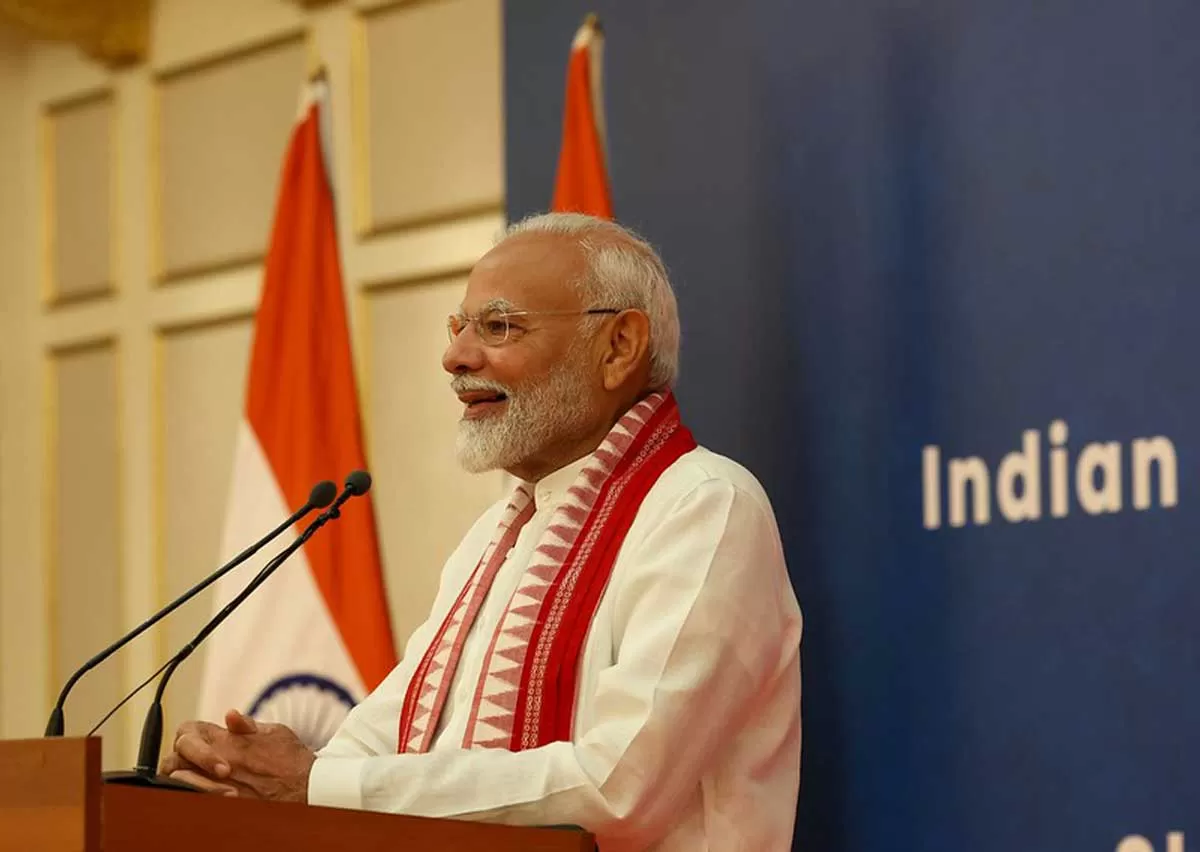Power sector to government: Ease of private sector participation necessary

NHAI Defends Use of Mamallapuram Pond for ECR Project Ramp
The National Highways Authority of India (NHAI) has informed the National Green Tribunal (NGT) that it was compelled to use a portion of a pond in Mamallapuram to construct an exit ramp for the East Coast Road (ECR) four-laning project between Mamallapuram and Puducherry. The clarification comes in response to a petition alleging that the construction encroached on the waterbody without valid justification.In its submission..

Tiruvallur Begins Full Audit of Accident-Prone Roads
Tiruvallur, a fast-growing logistics and residential hub on Chennai’s northwestern edge, has begun a comprehensive audit of fatal and non-fatal road accidents across the district.Special task forces made up of transport, police, and revenue officials have started field investigations at high-risk locations such as Red Hills, Poonamallee, and Tiruvallur town.The initiative follows an alarming 188 road crashes, including 49 fatalities, reported in February alone. Tiruvallur Collector M. Prathap has directed officials to analyse five years’ worth of crash data to assess if road design flaws o..

Modi Hands Over 51K Job Letters, Urges Youth to Drive Growth
Prime Minister Narendra Modi on Monday distributed over 51,000 appointment letters to newly recruited youth in various government departments and organisations, addressing them via videoconferencing during the Rozgar Mela.Speaking to the gathering, Modi said today marks the beginning of new responsibilities for the recruits. He urged them to strengthen India’s economy, boost internal security, help build modern infrastructure, and bring meaningful change to people's lives. The sincerity with which they perform their duties, he said, would directly impact India’s journey towards becoming a ..














